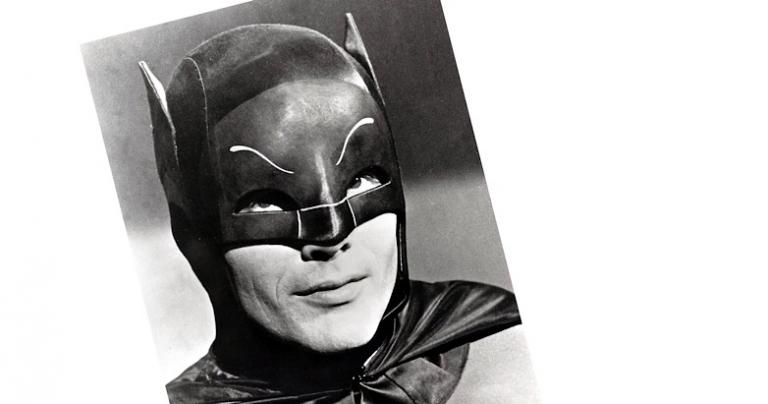 Unjust people think that justice is weakness. The just person hides behind justice, even with someone he knows is unjust, because he lacks the nerve to get his revenge. This is not true, but part of the great appeal of injustice, see every revenge movie, is that justice does not have the courage to be just.
Unjust people think that justice is weakness. The just person hides behind justice, even with someone he knows is unjust, because he lacks the nerve to get his revenge. This is not true, but part of the great appeal of injustice, see every revenge movie, is that justice does not have the courage to be just.
This is a lie, but an appealing lie. Somewhere there is a strong man and he may be a bad man, but we can use him so good may come. We will use these brown shirts to stop those (really evil) red shirts. What could go wrong?
We do not see that injustice will warp our souls and make us incapable of virtue. We might stop one evil only to become worse. Ask the Weimar era Germans.
Everybody craves injustice at times and strong men are willing to take vengeance. This is a misunderstanding of the better “vengeance” movies (see Neeson, Liam). The films that work the best are about seeking justice when the system is so unjust, so much in the hands of the world, the flesh, and devils, that a just man cannot seek justice in the system. The Batman (at his best) is not seeking vengeance, but officialdom in a Gotham so wicked that justice cannot be practiced in proper channels. The Batman seeks true justice and not just conformity to City ordinances.
This is dangerous.
The unjust man pretends he is Batman when in reality he is just another (to quote Star Trek TOS) tinplated dictator with delusions of godhood. The courage of the just man is that he will not seek revenge, only justice, even against the bad man. Justice will use force, but power restrained by virtue. The tyrant can kill at will, the just man must hesitate. History is littered with tyrants who thought the just were too weak, too slow to act, too nervous to fight.
No.
The just live by restraint and justice when restrained gains power, and when finally allowed to act bursts forth with mighty force!
Plato’s Socrates asks a man defending the unjust life:
But how about his behavior toward unjust men? Would he consider it proper to get the better of one who is unjust?
Certainly he would, but he wouldn’t have the nerve to do it.
This answer dooms the unjust man to incoherence later in the conversation. If we pay attention, we can already see his tricksy ways. Scratch a tyrant and he will bellow about courage while not having the courage of his convictions consistently!
Injustice looks attractive when we live in a city that has confused justice and rule keeping. If a man will not do injustice out of cowardice, he has no virtue. The just man will not do injustice, even to his enemy, because he has the courage of his convictions.
Justice will not “get the better” of any man, justice blesses never curses! A just man might restrain a bad man from doing more harm, but not out of a desire to “win” or to rip him off. The just man wishes that everyone would do justice and will act to maximize that possibility. The just man is hopeful!
The tyrants cannot accept the truth. They cannot concede justice will not harm, only heal. The difference between a just and unjust man is the difference between surgery and torture: both might cut, but one is to heal and the other to harm. A just man in an unjust society might become a masked avenger, but he will not become the masked thief, murderer, or assassin.
———————————————-
*I begin an informal summer reading of Republic using Scott/Sterling (a new translation for me). Part 1. Part 2. Part 3. Part 4. Part 5. Part 6. Part 7. Part 8. Part 9. Part 10. Part 11. Part 12. Part 13. Part 14. Part 15. Part 16. Part 17. Part 18. Part 19. Part 20. Part 21. Part 22. Part 23. Part 24. Part 25. Part 26. Part 27. Part 28. Part 29. Part 30. Part 31. Part 32. Part 33. Part 34. Part 35. Part 36. Part 37. Part 38. Part 39. Part 40. Part 41. Part 42. Part 43. Part 44. Part 45. Part 45.5.











